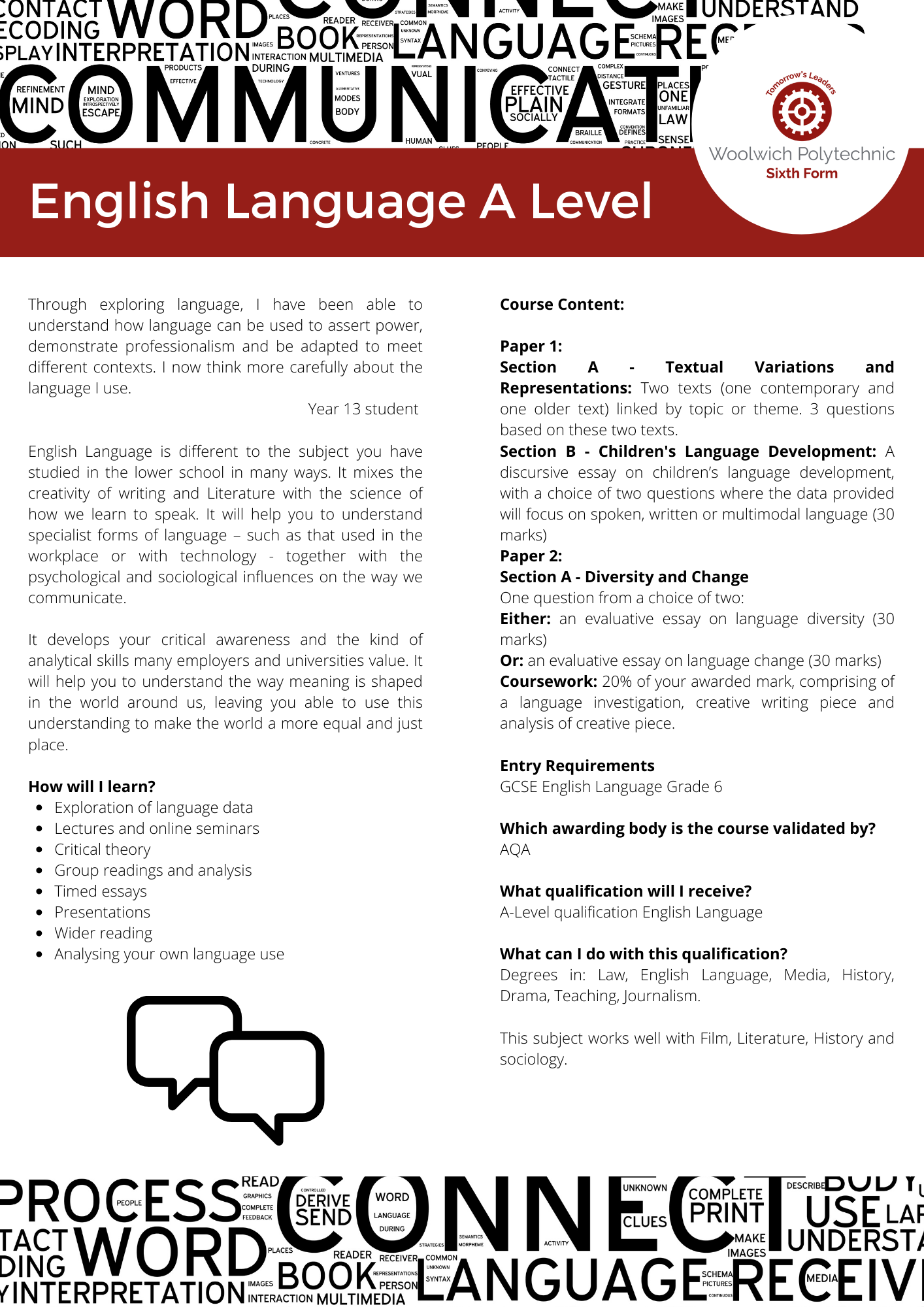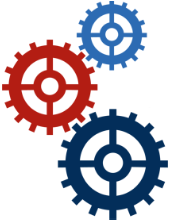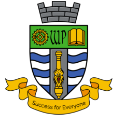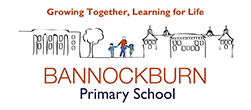English Language A Level - Arts & Culture

KS5 Coordinator
Mr A Croxford: ACroxford@woolwichpolyboys.co.uk
Click to download the subject information poster for English Language A Level l PDF
Click to download the English Language Curriculum Map
reading list
Core Textbooks (Your Foundation):
-
AQA English Language: A Level and AS (Oxford University Press)
-
Authors: Dan Clayton, Angela Goddard, Beth Kemp, Felicity Titjen, Paul Sealey (Series Editor: Angela Goddard)
-
Essential. Written specifically for the AQA spec. Covers all core areas clearly with good activities and examples. The "Year 1/AS" and "Year 2/A Level" split editions are also available.
-
English Language and Linguistics (Cambridge Topics in English Language) (Cambridge University Press)
-
: Ian Cushing, Dan Clayton, Angela Goddard
-
Excellent for deeper dives into linguistic theory, concepts, and debates relevant to the course. Strong on context and application.
-
A/AS Level English Language for AQA Student Book (Cambridge University Press)
-
Authors: Marcello Giovanelli, Gary Ives, John Keen, Raj Rana, Rachel Rudman (Series Editor: Marcello Giovanelli)
-
Another strong course-specific textbook, well-structured with good analysis examples and tasks.
Key Areas & Theorists (Go Beyond the Textbooks):
-
Child Language Development (CLD - Speech & Writing):
-
Key Names: Skinner (Behaviourism), Chomsky (Nativism - LAD, Universal Grammar), Bruner (Interactionism - LASS), Piaget (Cognitive Stages), Vygotsky (ZPD, Scaff), Tomasello (Usage-Based Theory), Berko (Wug Test), Nelson, Rescorla (Over/Underextension), Cruttenden (Intonation), Aitchison (Lexical/Semantic Development Stages: Labelling, Packaging, Network Building), Barclay (Stages of Writing Development), Kroll (Stages of Writing Development), Rothery (Categories of Children's Writing).
-
Further Reading:
-
Jean Aitchison: "The Articulate Mammal" (Classic, accessible)
-
David Crystal: "Listen to Your Child" or "How Language Works" (Relevant chapters)
-
Eve V. Clark: "First Language Acquisition" (More academic)
-
Language Diversity (Regional, Social, Ethnicity, Gender, Occupation):
-
Key Names: Trudgill (Norwich Study, Covert Prestige), Cheshire (Reading), Milroy (Belfast Study - Social Networks), Labov (Martha's Vineyard, New York Dept Store, AAVE), Bernstein (Restricted vs Elaborated Code - use critically), Tannen (Difference Model), Lakoff (Deficit Model - use critically), Zimmerman & West (Dominance Model), O'Barr & Atkins (Power, not Gender), Kerswill (Dialect Levelling, Multicultural London English), Eckert (Jocks & Burnouts), Swann (Gender & Classroom Talk), Pidgins & Creoles (Tok Pisin, Jamaican Creole), Halliday (Anti-Language).
-
Further Reading:
-
Peter Trudgill: "Sociolinguistics: An Introduction"
-
Jenny Cheshire (Ed): "English Around the World: Sociolinguistic Perspectives"
-
Deborah Tannen: "You Just Don't Understand" (Popular but)
-
David Crystal: "The Stories of English" (Historical context for diversity)
-
Paul Kerswill & Ann Williams: "New Dialects and Community Cohesion"
-
Language Change:
-
Key Names: Aitchison (Damp Spoon/Crumbling Castle/Infectious Disease metaphors), Jeanette Milroy (Complaint Tradition), Robert Lowth & Prescriptivism, Johnson (Dictionary), Caxton (Printing Press), Halliday (Functional Theory), Chen (S-Curve Model), Lexical Gaps, Euphemism Treadmill, Political Correctness, Technology Influence (Crystal "Language and the Internet"), Global English (Kachru's Circles), Pidgins/Creoles (as drivers of change).
-
Further Reading:
-
Jean Aitchison: "Language Change: Progress or Decay?"
-
David Crystal "The Stories of English" or "The Cambridge Encyclopedia of the English Language"
-
Simon Horobin: "How English Became English"
-
John McWhorter: "Words on the Move"
-
Language Discourses (Attitudes, Representations, Debates):
-
Key Concepts: Standard Language Ideology, Prescriptivism vs Descriptivism, Overt vs Covert Prestige, Complaints Tradition (Milroy & Milroy), Verbal Hygiene (Deborah Cameron), Identity Construction, Power (Fairclough - Critical Discourse Analysis), Stereotyping, Moral Panics, Representation in Media.
-
Further Reading:
-
Deborah Cameron: "Verbal Hygiene"
-
Norman Fairclough: "Language and Power" (More advanced CDA)
-
English Language: Language Debates (AQA) (Publisher Hodder Education) - Specifically for this part of the AQA spec.
-
Tony Thorne: "Dictionary of Contemporary Slang" (For understanding attitudes to non-standard forms)
Wider Reading & Resources:
-
Grammar & Frameworks:
-
David Crystal: "Rediscover Grammar" or "Making Sense of Grammar" (Clear explanations).
-
Geoff Barton: "Grammar Survival" (Very practical, school-focused).
-
Online: HyperGrammar (University of Ottawa), Internet Grammar of English (UCL) – reliable free resources.
-
Essential: Get very familiar with the terminology lists in your core textbooks and AQA specification
-
NEA (Language Investigation):
-
Alison Ross: "Language in Use: A Reader" (Good source of ideas/investigations).
-
Angela Goddard & Lindsey Meaney: "Doing English Language: A Guide for Students" (Covers research skills well).
-
Focus: Learn methodologies (questionnaires, interviews, corpus analysis, experiments ethically). Use resources like the British National Corpus (BNC) or iWeb Corpus.
-
General Interest & Depth:
-
David Crystal: "The Cambridge Encyclopedia of the English Language" (A fantastic reference book).
-
Steven Pinker: "The Language Instinct" (Engaging, Chomskyan perspective).
-
Bill Bryson: "Mother Tongue" (Accessible and entertaining history).
-
Susie Dent: "Modern Tribes" or "Word Perfect" (Fun looks at contemporary language use).
-
Henry Hitchings: "The Language Wars" (Excellent on prescriptivism/descriptivism debates).
-
Gretchen McCulloch: "Because Internet" (Excellent on digital communication).





